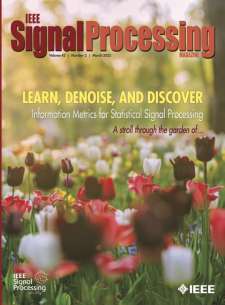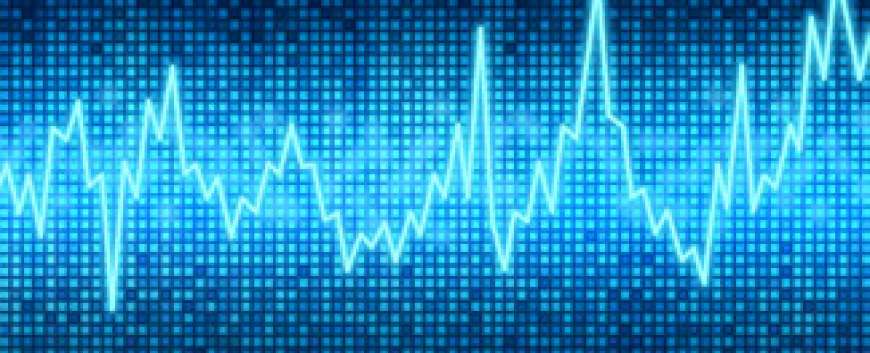Subsurface Exploration: Recent Advances in Geo-Signal Processing, Interpretation, and Learning
Top Reasons to Join SPS Today!
1. IEEE Signal Processing Magazine
2. Signal Processing Digital Library*
3. Inside Signal Processing Newsletter
4. SPS Resource Center
5. Career advancement & recognition
6. Discounts on conferences and publications
7. Professional networking
8. Communities for students, young professionals, and women
9. Volunteer opportunities
10. Coming soon! PDH/CEU credits
Click here to learn more.
Subsurface Exploration: Recent Advances in Geo-Signal Processing, Interpretation, and Learning
For centuries, humans have been exploring the subsurface structure of planet Earth. Several Earth geophysical applications, such as mining, earthquake studies, and oil and gas exploration, have driven research that produced, over the years, ground-breaking theories and innovative technologies that image Earth’s subsurface. The pursuit is ongoing with an increasing desire to have higher-resolution subsurface models and images. Signal processing, data interpretation, and modeling have been the cornerstones of such innovations.
In recent years, there have been advances in technologies and requirements that demand the utilization of advanced signal processing and machine-learning theories and algorithms. For example, the wide- and full-azimuth acquisition technologies have proven to be instrumental in providing high-resolution subsurface images. Similarly, geophones and hydrophones are becoming smaller, cableless, wireless, and mobile and, soon, with processing capabilities. Further, recent experiments to deploy autonomous nodes have proven the viability of automating part of or the entire acquisition process. This becomes necessary when the number of sensors increases rapidly to be in the range of hundreds of thousands per survey.
Deployment requires these sensors to be wireless and more intelligent with limited processing in the field. Besides such advances in sensing, the target reservoirs are getting deeper with complex wave propagation effects and poor target illumination. With all of these added complexities, the interpretation task becomes more challenging. Recent advances in machine learning have proven effective in automating part of the interpretation process. This special issue of IEEE Signal Processing Magazine (SPM) provides an introduction to the role of signal processing in areas where automation and learning are being deployed in Earth exploration. We envision that such technologies will also be essential for the exploration of other planets including Mars.
In this issue
The signal processing community has been making important contributions to the most diverse fields, and Earth geophysics and exploration is no exception. Much of the interest in subsurface exploration was sparked by a 2012 special issue of SPM on geophysical signal processing [1]. We believe, however, that the community has come a long way since then, and the diversity of research areas has increased dramatically. The current special issue was created from this belief, and it addresses new, timely topics such as machine learning and full-waveform inversion (FWI) in light of the new advances in exploration geophysics such as wide azimuth, wireless geophones and hydrophones, robotics for acquisition, ambient seismic noise, and broadband imaging. The articles in this issue summarize the current state of the art and will hopefully trigger the interest of the larger signal processing community to work on such an exciting and challenging mission of studying Earth’s subsurface and, eventually, other planets’ subsurface.
SPS Social Media
- IEEE SPS Facebook Page https://www.facebook.com/ieeeSPS
- IEEE SPS X Page https://x.com/IEEEsps
- IEEE SPS Instagram Page https://www.instagram.com/ieeesps/?hl=en
- IEEE SPS LinkedIn Page https://www.linkedin.com/company/ieeesps/
- IEEE SPS YouTube Channel https://www.youtube.com/ieeeSPS














